Graduate students in the Vanderbilt Biomedical Sciences Department wrote an open letter to the Vanderbilt community to advocate for more mental health support for graduate students. Sent on March 22, the letter was spurred by the self-inflicted deaths of four graduate students in the department in the last two years, per the Tennessee Lookout.
As of print, the letter has 117 signatures. Senior Associate Dean for Biomedical Research Education and Training (BRET) Kathleen Gould sent a Feb. 24 email to the BRET graduate student body addressing the Feb. 21 Lookout article which detailed the four deaths and the need for more mental health care at Vanderbilt.
“We acknowledge and underscore the continuing need to actively promote student well-being,” Gould’s email, obtained by The Hustler, reads. “As a university, we are keenly aware of and sensitive to the many challenges that the COVID-19 pandemic has presented and have worked over the past two years to expand our offerings and staffing for mental health and well-being while actively encouraging our students to take advantage of these resources and to support others when they are in need.”
The email details steps that the BRET office has taken to respond to the student deaths, including a BRET-specific partnership with the University Counseling Center (UCC), the incorporation of wellness and diversity, equity and inclusion (DEI) topics into the first-year curriculum and a policy allowing students to change research groups to ensure positive mentor-mentee relations.
Forty-seven biomedical graduate students met shortly after Gould’s letter was sent and wrote their letter as a response to the administration’s alleged silence about the four deaths prior to the Lookout article. The letter indicates that the initial student death occurred in January 2020.
“From my perspective, it was things in our program that could be addressed to actually make the cause better are not being addressed,” second-year BRET graduate student Blake Baleami said about the letter. “The purpose of writing the open letter was to outline the changes needed by the students, and the hope was that it would change some of the root causes of what’s going on culturally that is contributing to the detriment of mental health and the program.”
According to the letter, much of BRET students’ stress comes from allegedly excessive work expectations in their labs. Testimonials in the letter state that students experience “a requirement or pressure from their PI [principal investigator] to work far beyond the standard 40-hour work week,” which can leave them burned out and stressed.
The letter also cites financial strain on BRET students due to inflation and a reported lack of university wage increases at the time the letter was written, as well as an absence of vision and dental care under their insurance plan. The Hustler was unable to independently verify changes or lack thereof of wage changes for BRET students. According to third-year BRET student Lindsay Breidenbach, BRET faculty were told students had full access to dental care, making them unaware of their students’ needs and not subsequently offering funds for the coverage.
“The most important thing the [Office of Biomedical Research and Training] could do to support graduate student mental health is to pay a wage that matches the price of this area and reflects a fair $15 per hour minimum wage for the more realistic estimate of 60 hours per week worked, or $46,800 per year,” a testimony in the letter reads.
Gould wrote in an email to The Hustler that she “does not set stipend levels nor discourage students from advocating for higher stipends.” She said she discussed graduate student stipend levels with Dean of Basic Sciences Lawrence Marnett, resulting in BRET students receiving $35,000 per year effective July 1, compared to $32,500 per year in 2020.
Furthermore, the letter addresses an alleged lack of readily available UCC appointments for BRET students. Per the letter’s testimonials, many students have been unable to receive care from the UCC despite it being viewed as “a catch-all for the mental health needs of students.”
“Us mentioning the UCC being inadequate for the needs of students and how difficult it is to get mental health care was more of a point to the administration that, ‘If this is your solution, it’s not good enough. There needs to be more that’s done,’” Baleami said.
Breidenbach co-authored the letter and said she wants more individuals to know the frustration that students feel when dealing with the centers.
“Sure, there isn’t a hard cap [of appointments], but it can certainly feel that way when you suddenly just can’t book another appointment with your therapist or if they force you to book a month out after a rather traumatic thing happened to you,” Breidenbach said.
The letter also states that faculty should aid students by matching their stipends with inflation, regularly checking in with students, maintaining an open dialogue with students surrounding administrative decisions and ensuring that working on days off is not required unless absolutely necessary.
“It seems that even though some faculty here have been able to supplement stipends to more reasonable amounts, we’re getting left behind in inflation,” Breidenbach said. “Gould’s trying her best to sort of stifle that.”
According to Breidenbach, she has never met with Gould face-to-face but feels that her encounters with Gould have been “antagonistic,” and that she has heard of instances of Gould discussing her and her actions with other faculty members.
“I find that [Gould’s actions toward her] to be very unfortunate,” Breidenbach said. “She’s handling the whole situation very immaturely, and she’s personally insulted me to other faculty members behind my back despite never talking to me once.”
In response to these remarks, Gould told The Hustler that a member of her team has engaged with Breidenbach to obtain a clearer understanding of her concerns and discuss administrative initiatives to improve the graduate student program.
“I view Ms. Breidenbach’s advocacy efforts as arising from a deep and sincere concern for her fellow students, a concern that I share,” Gould said in an email to The Hustler. “We are fully committed to providing support and resources to our graduate students and postdocs.”
On May 9, Vice Provost for Graduate Education André Christie-Mizell sent an email to graduate students highlighting various enhancements to the graduate student program. These changes include the aforementioned stipend increase, grant proposal training and additional support mechanisms with the Student Care Network.

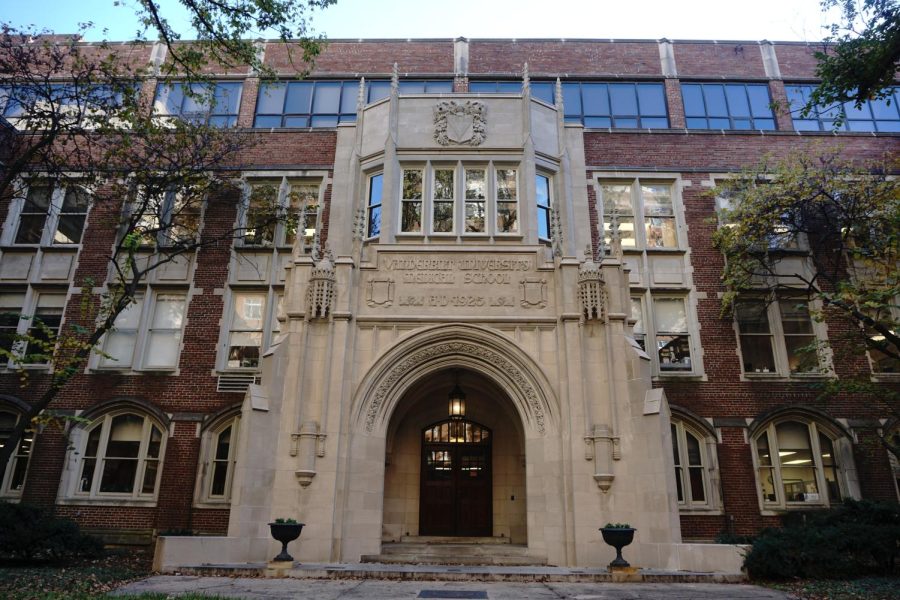


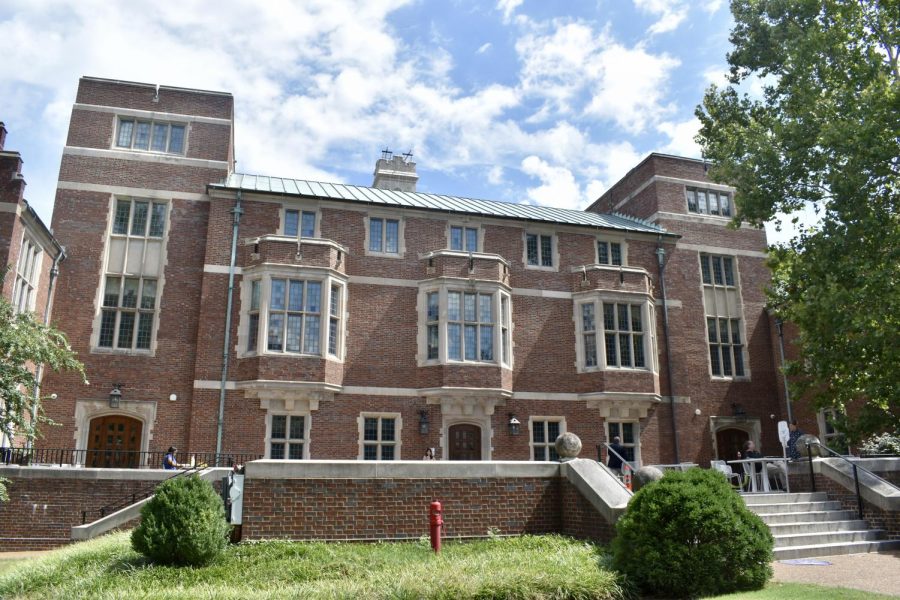



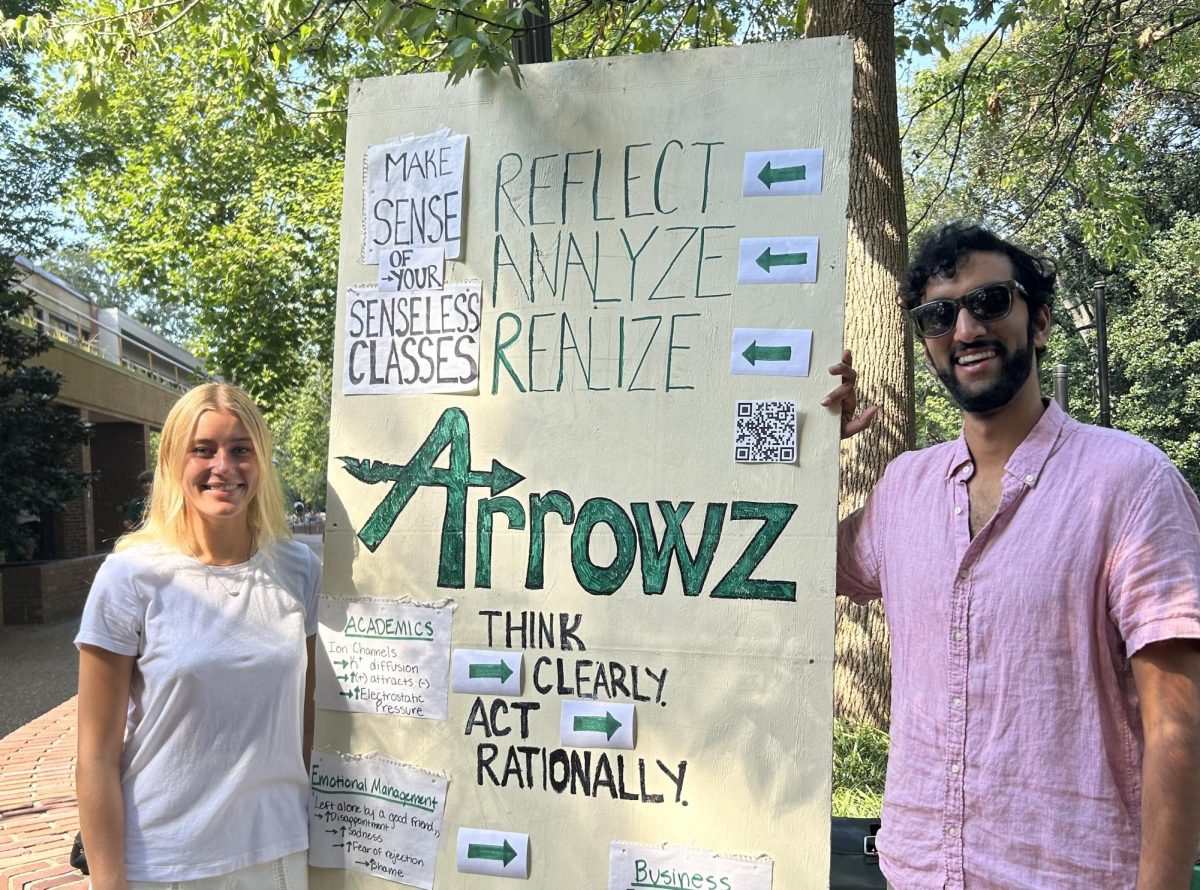
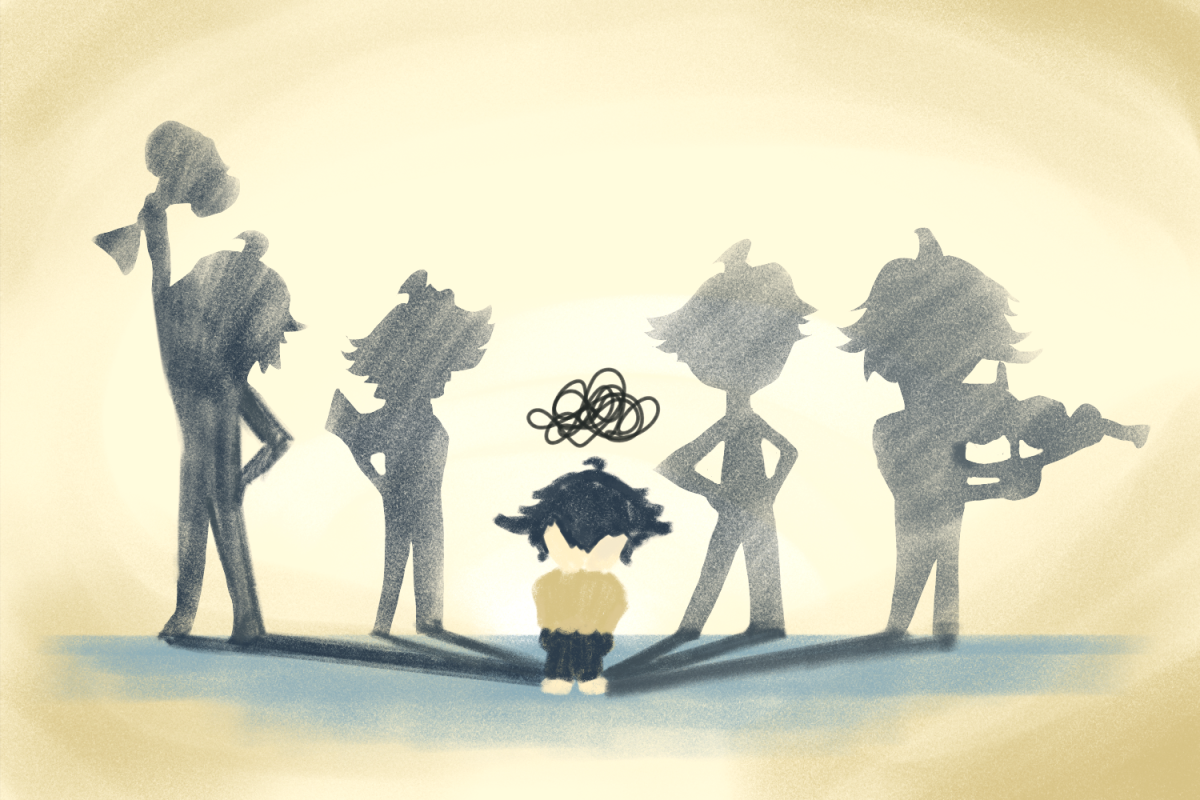
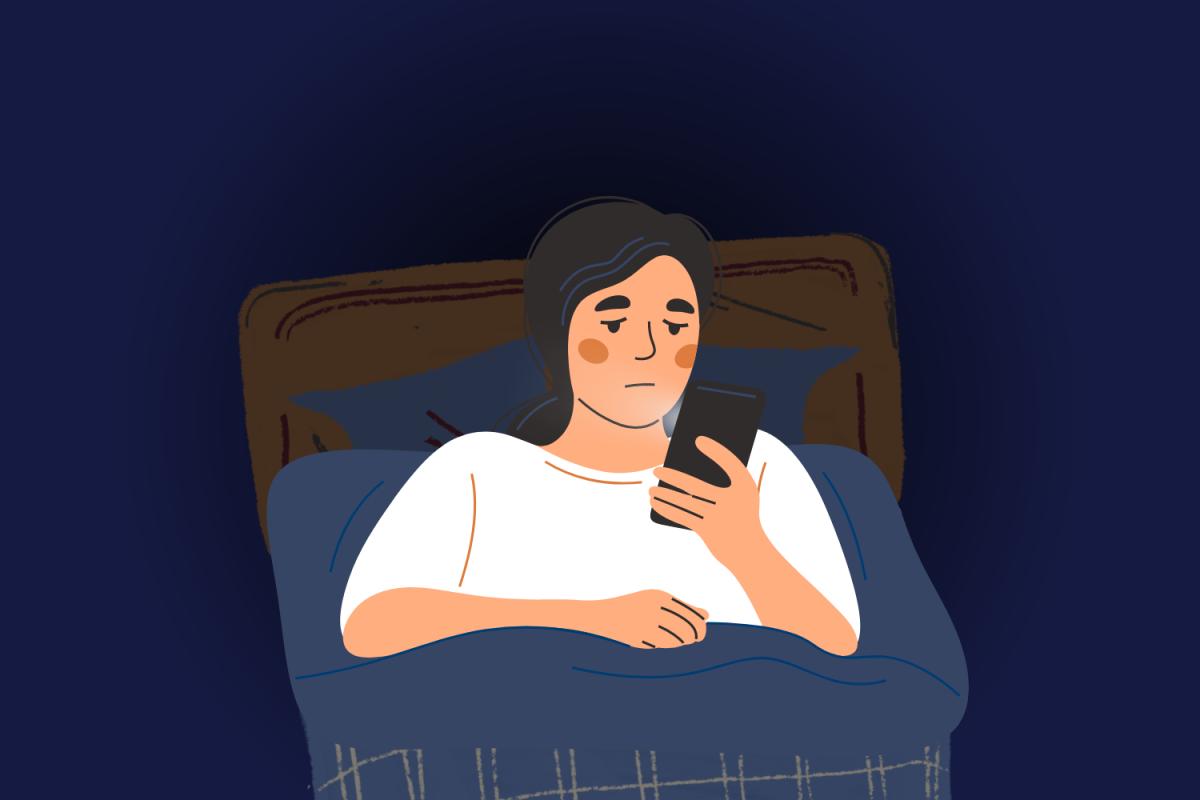
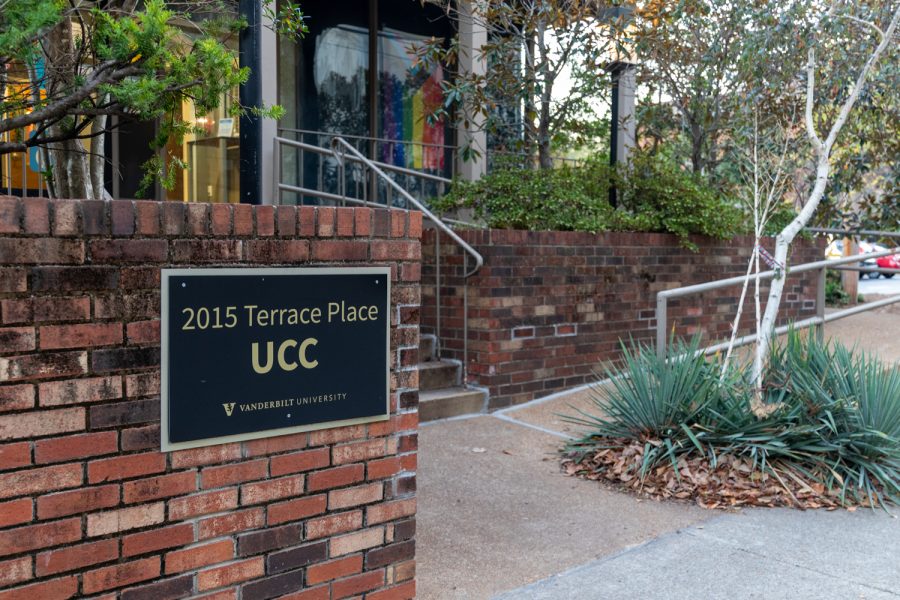

Hannah • Jun 1, 2022 at 9:44 am CDT
Hats off on this one, really nailed it on the head. Admin really needs to step up their game. It’s disgusting to see another HELPABLE issue in this world go unchallenged and get shrugged off.. get it together Vanderbilt.